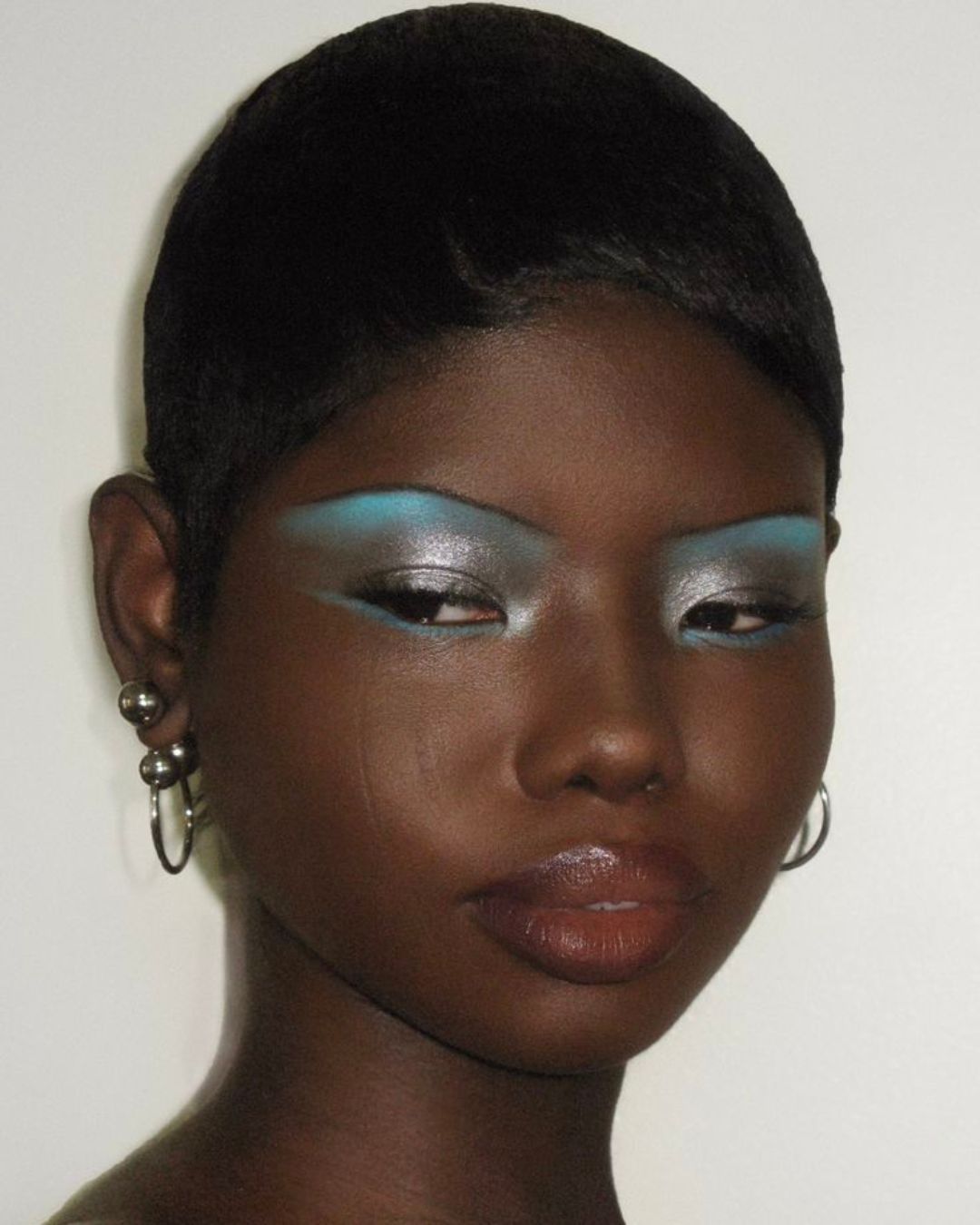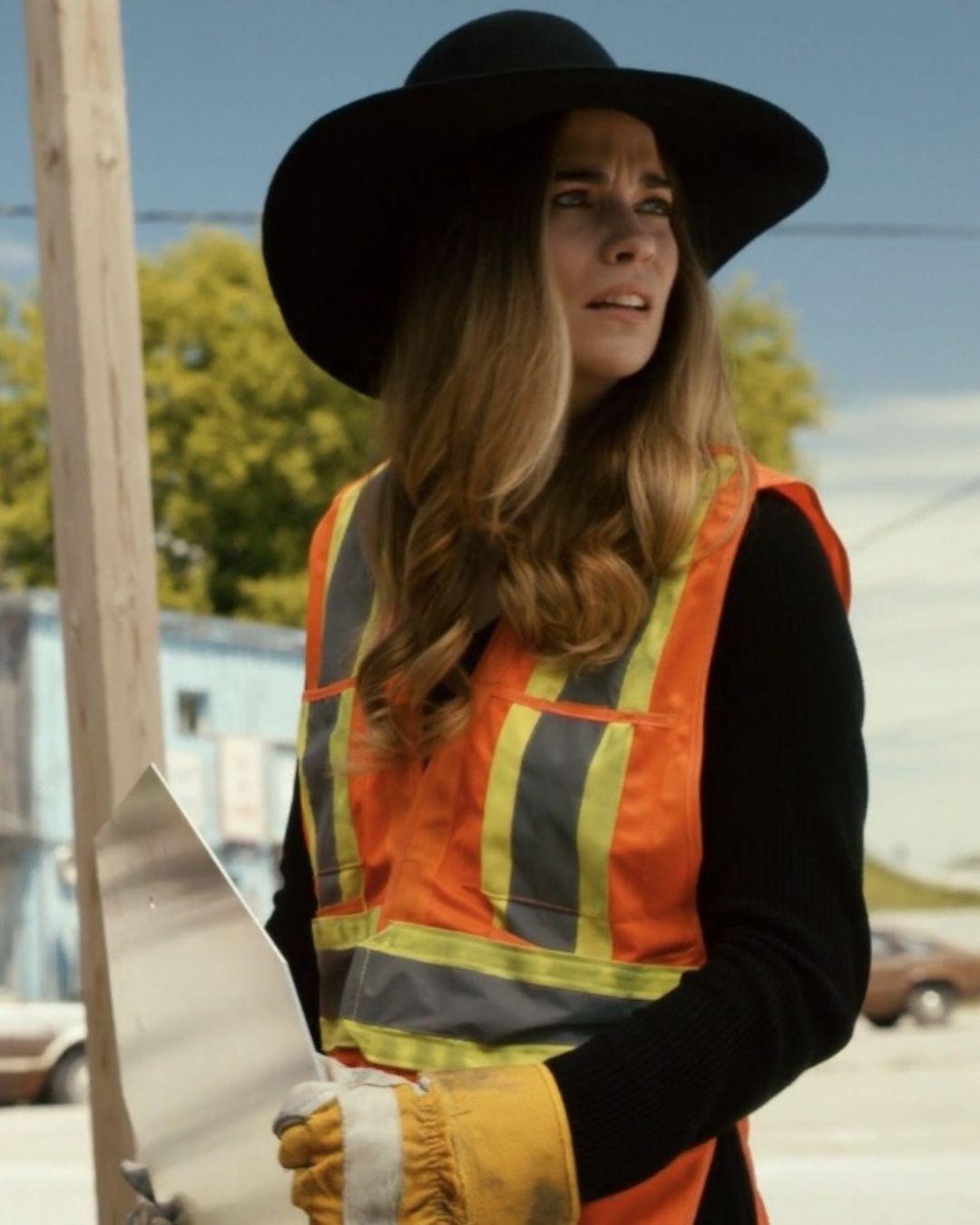
The future of beauty lives in waterless products A responsible and sustainable innovative formulation trend
In recent years, more and more beauty brands are aiming for a sustainable, green and conscious beauty that knows no compromises. Today, consumers are more responsible: they read labels, know the environmental impact and choose products that are not only effective, but also environmentally friendly. Called "Waterless Beauty 2.0" (version 1.0 consists of soap and solid shampoo) or "Condensed Beauty", the formulations of the future remove water, the main ingredient in many products, thus eliminating the need for plastic packaging and reducing shipping costs and carbon emissions.
Winning elements for the award-winning founder of SBTRCT Skincare, Ben Grace, who created the grooming brand with ethical sourcing and sustainability at its core. In fact, after selling his old business in 2017, Ben gave himself some time to think. " I looked at the way I was living my life, "he says. " The 'less is more' philosophy has been important to me in all elements of my life, to the extent that I see it as the future of our society". So, channeling this conviction and her industry experience, Grace decided to create solid, high-performance skin treatments that addressed what she sees as the three key environmental challenges the beauty industry faces today: plastic pollution, water waste and excessive dependence on palm oil.
The range now includes solid detergent, exfoliating, make-up remover, two moisturizers and the first retinoid solid, an active particularly difficult to find, free of plastic. Other actives are coming soon, such as a solid vitamin C bar that will be launched next month. Encapsulating Grace’s "less is more" philosophy in their design, all products are pastel geometric shapes (very Instagrammable) with a reusable container, sold separately.
Each product is also free of plastic, uses a minimum amount of water and does not contain palm oil.
The "green" make-up artist based in London, Crystabel Efemena Riley, had also started experimenting with waterless, but homemade products. " I was interested in using powders and pigments as a way to reduce the impact by reducing the use and consumption of plastic", he says, providing examples of raw materials such as clays, vegetable powders and dried flowers from which he gets hot infusions.
Another waterless brand that foresees a future in dust is FORGO, of the Swedish design collective Form Us With Love. Currently FORGO offers only one product, the powder hand cleanser with an elegant and reusable bottle, but the brand promises that soon will follow new active skin treatments, including a shower gel with the addition of niacinamide and a facial cleanser.
But not only that, in addition to powders and solid bars, soluble skin care tablets are making their way into the category thanks to the waterless brand MONO. Born from an idea of Laurie Mias, who had previously founded a juicer and several wellness centers "eco-luxury", MONO was inspired by Mias' desire to correct the problem of disposable packaging after her experience in the family perfume store business and using and throwing away thousands of skin care bottles throughout her life. Launched in February, the brand will offer a range of skin care products - from a mild cleanser to a moisturizing serum - that come in the form of soluble tablets for "Stop shipping water around the world when we have it from the tap, and reduce the carbon footprint".
Thus, brands such as SBTRCT, FORGO and MONO demonstrate that an alternative to plastic waste and disposable packaging is possible.

























































